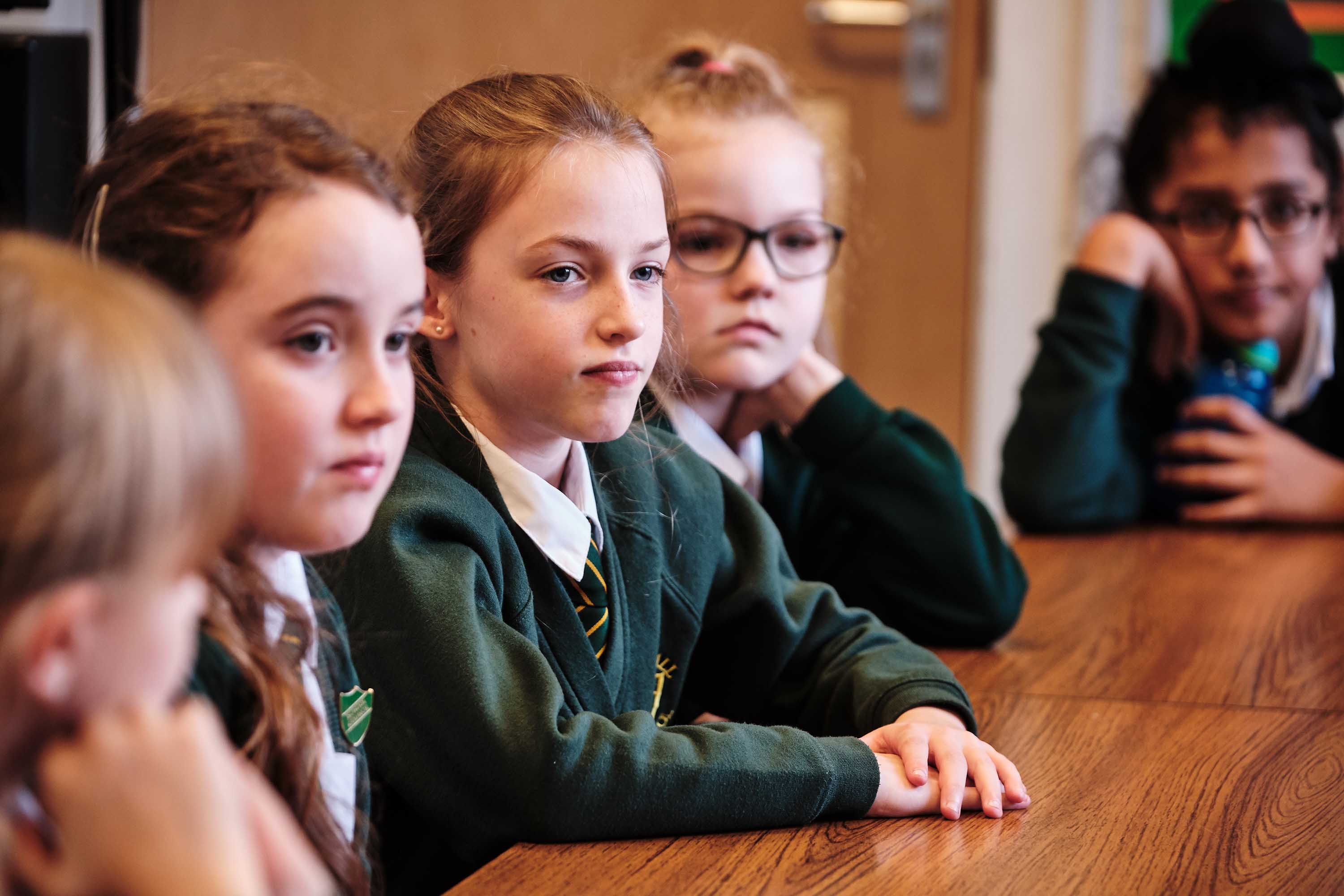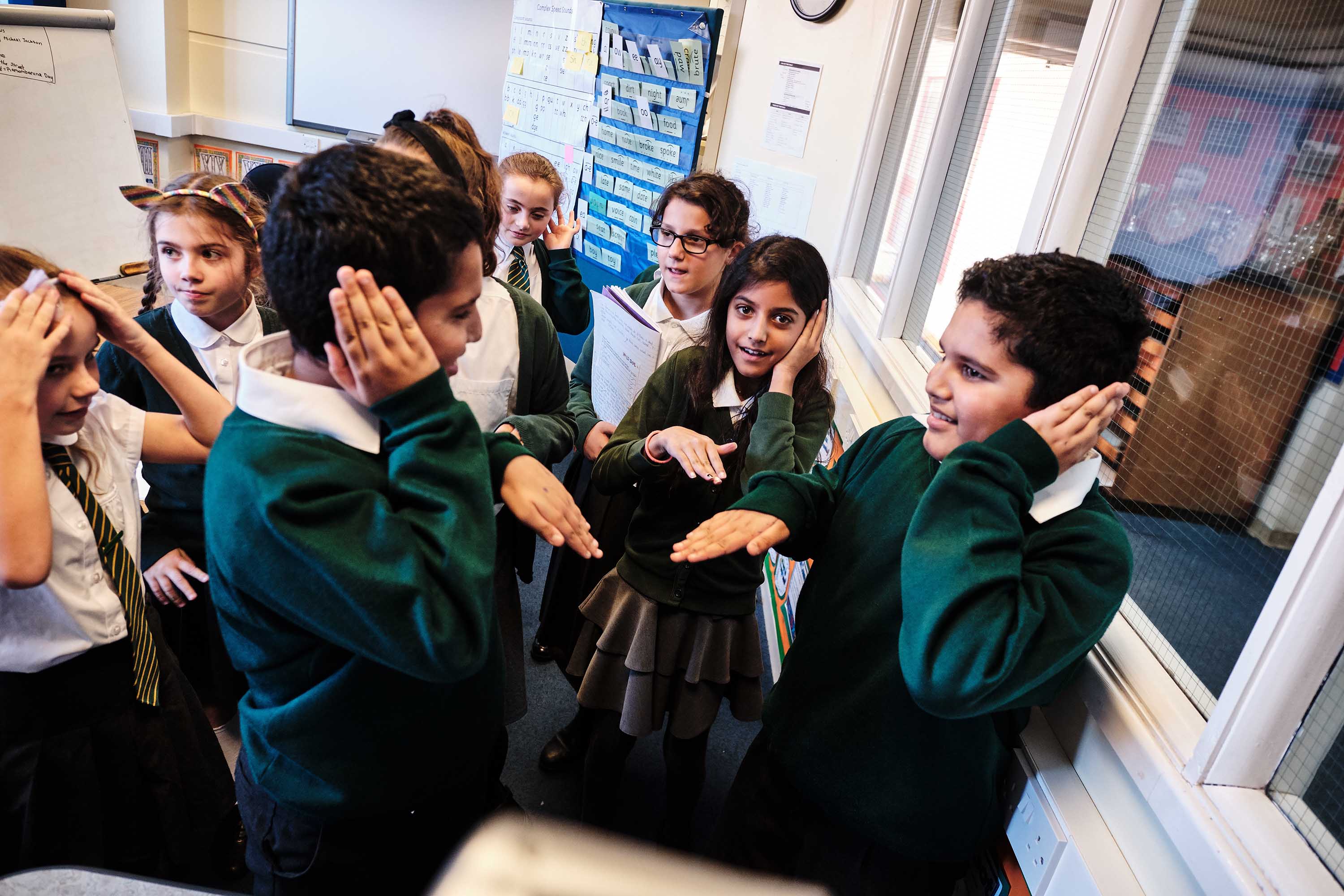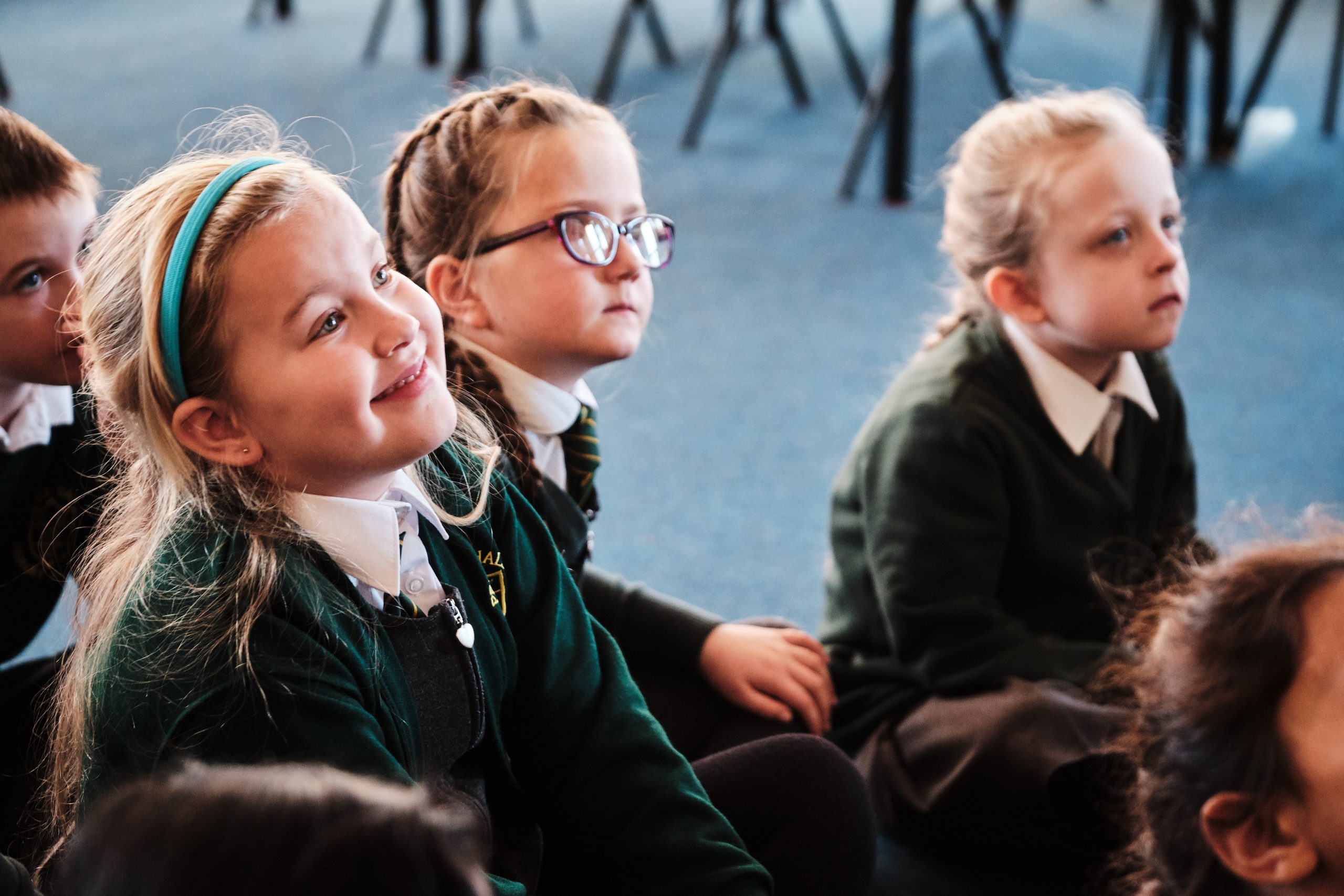Computing
Subject Leader – MisS Moore
Computing at Perry Hall
At Perry Hall, we understand how vital it is for pupils to be exposed to a broad and balanced computing curriculum; as almost everything we now use depends on technology, imagine the possibilities for the future!
We provide pupils with the opportunity to develop the three interconnected areas of computing: Computer science, information technology and digital literacy, whilst focusing on developing pupils’ ‘computational thinking’.
We follow the Teach Computing approach to computing where each new concept is tackled by first unpacking complex terms and ideas, exploring these ideas in unplugged and familiar contexts, then repacking this new understanding into the original concept. This approach (semantic waves) can help pupils develop a secure understanding of complex concepts. Teach Computing use supportive frameworks when planning lessons, such as PRIMM (Predict, Run, Investigate, Modify, Make) and Use-Modify-Create. These frameworks are based on research and ensure that differentiation can be built in at various stages of the lesson.
By the time our children leave us, our aim is for them to have a wide range of technological approaches in their ‘tool kit’, for them to be digitally literate and for them to have the basis for developing their skills across Key Stage 3 to potentially excel in a career utilising computing skills.



WHY IS COMPUTING IMPORTANT TO OUR CHILDREN?
Year 2 Child
We use laptops and iPads to make presentations and use images. We need to use them in our jobs.
Year 3 Child
We learn about different devices and we learn how to be safe on the internet.
Computing in EYFS
This document demonstrates which statements from the 2021 Birth to 5 Matters are prerequisite skills for Computing within the national curriculum. The table below outlines the most relevant statements taken from the Early Learning Goals in the EYFS statutory framework and the Birth to 5 Matters age ranges for Three and Four-Year-Olds and Reception to match the programme of study for Computing.
The most relevant statements for Computing are taken from the following area of learning: Understanding the World
Twos provision
Learns that they have similarities and differences that connect them to, and distinguish them from, others Has a sense of own immediate family and relations and pets In pretend play, imitates everyday actions and events from own family and cultural background, e.g. making and drinking tea, going to the barbers, being a cat, dog or bird.
Nursery
-
Explore how things work.
Reception
-
Explore how things work.
End of Reception Early Learning Goals (ELG)
Art and Design – Creating with materials
Safely use and explore a variety of materials, tools and techniques, experimenting with colour, design, texture, form and function.
Cultural Capital opportunities in COMPUTING
EYFS
-
access to ipads to capture photos of own learning
-
access to cameras
-
access to computers
-
digital art opportunities
-
role playing using telephones and other technology
-
role play opportunities
Key Stage 1
-
E-Safety Day
-
Variety of resources including laptops, ipads and microbits
-
Digital ambassadors
Key Stage 2
-
E-Safety Day
-
VR workshops
-
Variety of resources including laptops, ipads and microbits
-
Digital ambassadors
